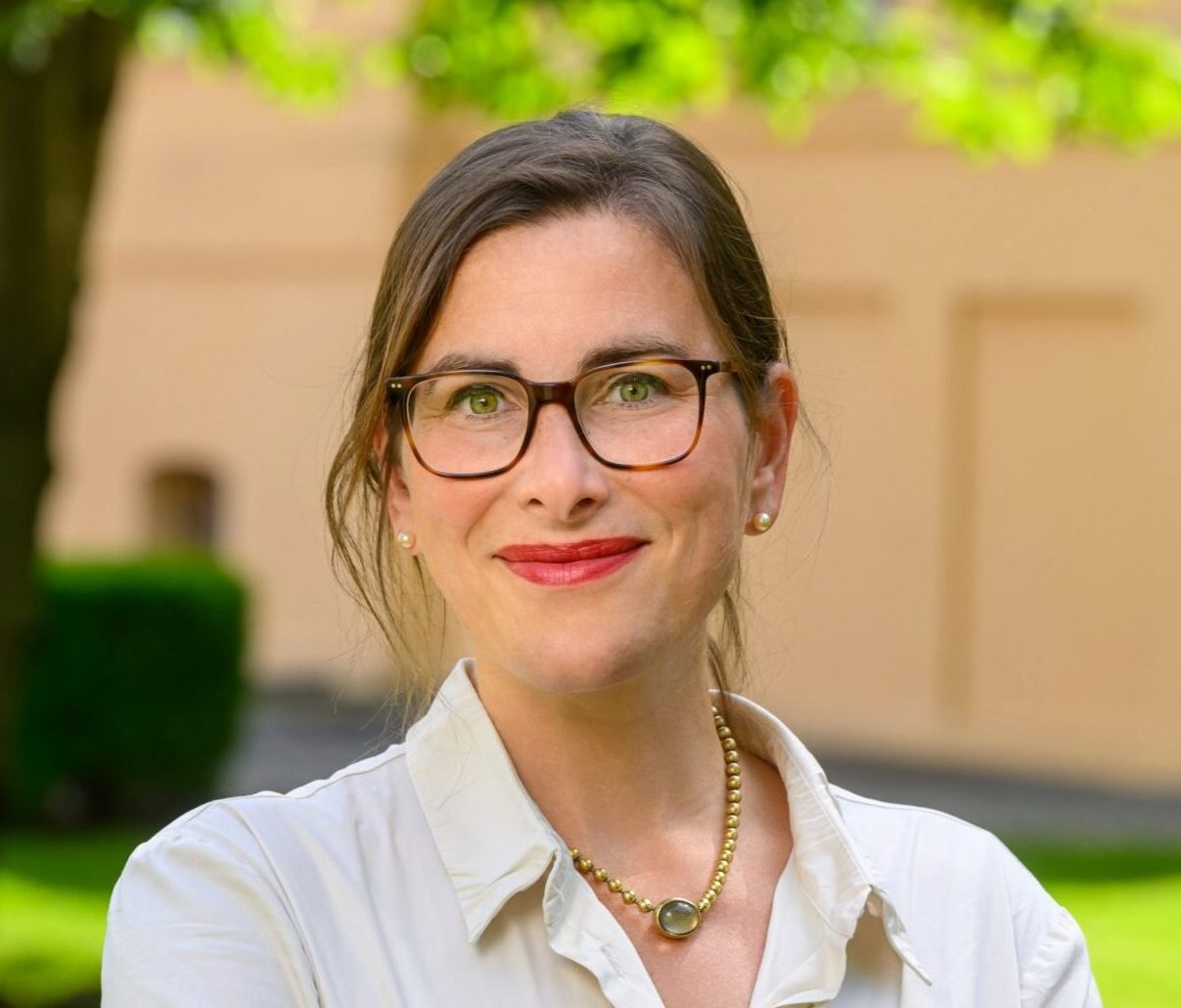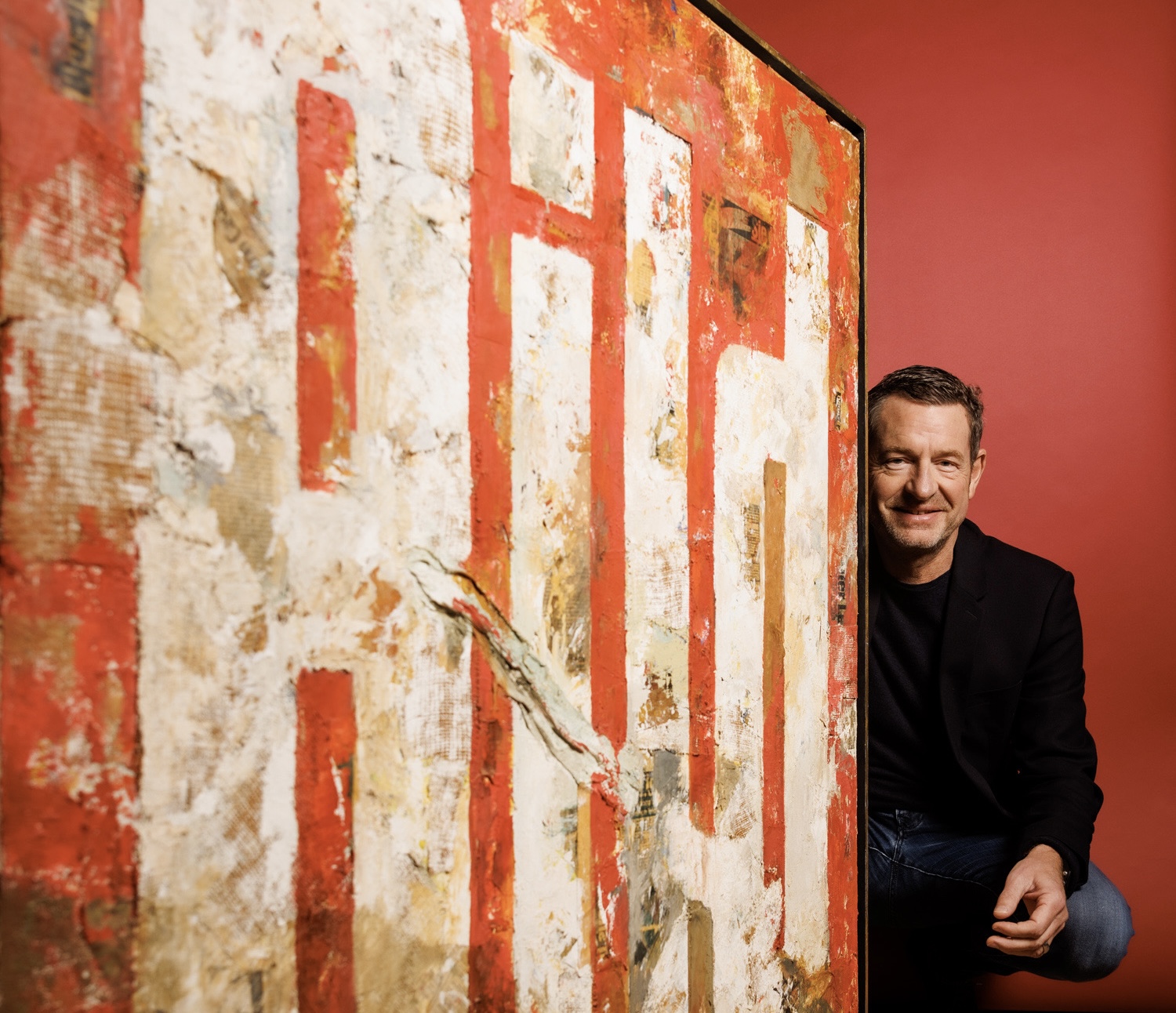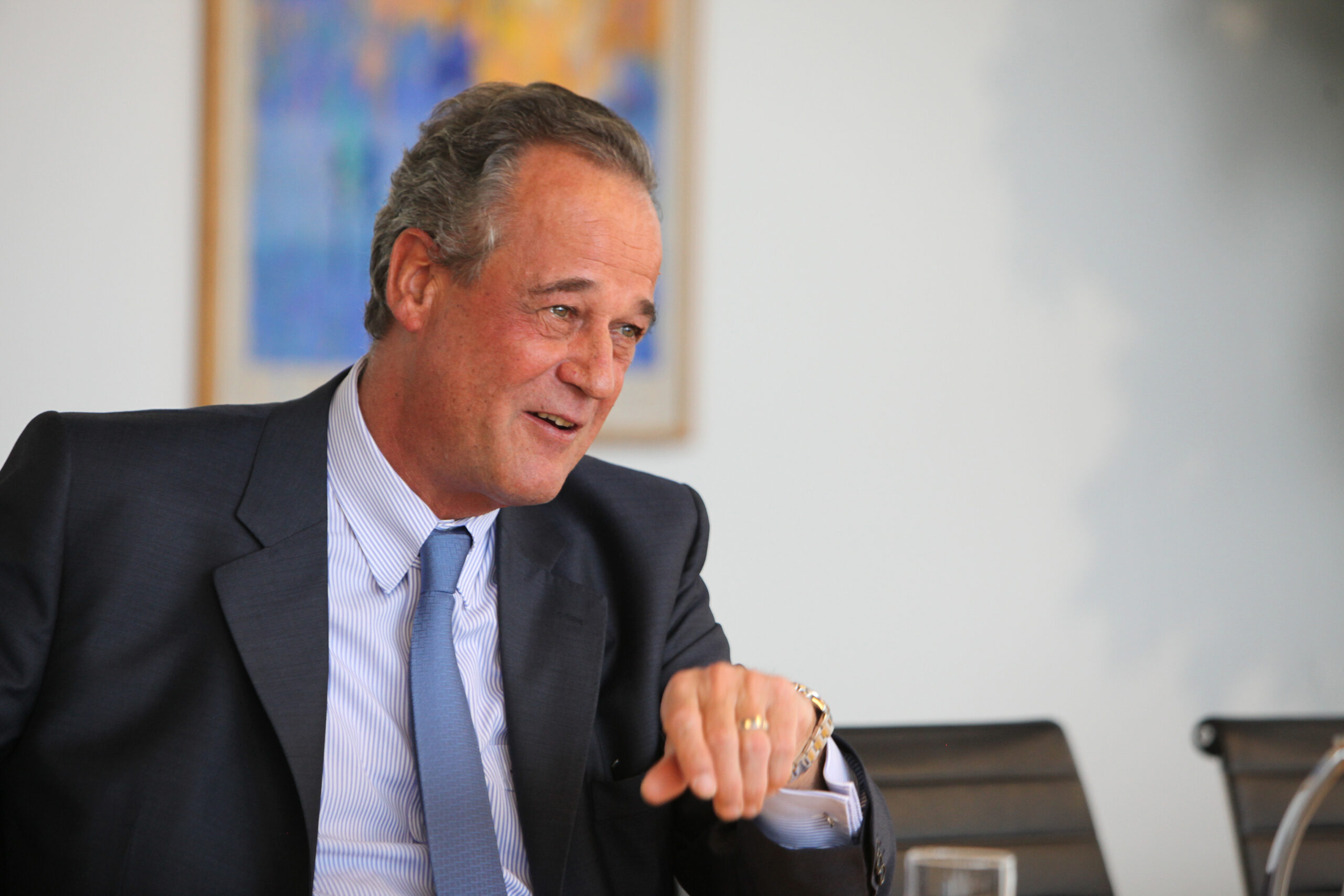Neutral Switzerland – building bridges in a globalised world
Why are Swiss coaches in the Bundesliga, the German national football league, so successful? One of the reasons is the intensive training to become a coach in Switzerland, said Martin Schmidt in a recent interview. Schmidt, who comes from the canton of Valais, is the current coach of Mainz. Another reason he identified is the Swiss mentality: „Looking at things in a neutral way, thinking democratically“.
This looking at things in a neutral way and thinking democratically is also key to Swiss foreign policy. Particularly in a globalised world, where challenges quickly reach a high level of complexity. Developments in financial markets or trade flows do not stop at national borders, and neither do the effects of climate change, political tensions or threats from violent extremism. All states have to work together to meet these global challenges.
In this context a neutral country such as Switzerland has a key role to play: It can mediate between diverging positions, build bridges between states, create trust and develop joint and lasting solutions with its partners. This type of engagement also lies in Switzerland’s own interests. As a highly globalised country with an export-based economy, Switzerland’s security and prosperity depend on a stable environment and a viable and just international order. We cannot be indifferent if, for example, tensions increase between the countries with borders in the South China Sea – a region that is home to one of the main axes of international seaborne trade. In this situation, indifference or even isolationism would be inappropriate.
Neutrality: law and policy
Neutrality is a Swiss foreign policy instrument for safeguarding national interests and facilitating international cooperation where common tasks need to be addressed, and peace and prosperity upheld. Historically, neutrality was above all a security strategy for Switzerland. It contributed significantly to Switzerland’s remaining largely untouched by the numerous religious, dynastic and national conflicts among its European neighbours, protecting the country’s internal cohesion. Under international law, neutrality means that a state does not take part in wars between other countries. There is a difference between this law of neutrality and neutrality policy.
- The law of neutrality is codified in the Hague Convention of 18 October 1907, which sets out the rights and obligations of a state with neutral status. The most important of these rights is the inviolability of the country’s territory. Key obligations for a neutral state include abstaining from participating in wars, ensuring its own means of self-defence, treating all conflicting parties equally in terms of arms exports, and not providing its territory to any party for military purposes. The law of neutrality is only applicable to conflicts between states and not newer forms of violence such as internal armed conflicts or non-state actors engaging in terrorist acts, which account for most of today’s conflicts. Nor is it applicable in cases where a military operation has been authorised by the United Nations Security Council, as the Council is mandated by the international community to restore global peace and security. Thus, the law of neutrality does not prevent neutral states from supporting such operations.
- In contrast, a policy of neutrality encompasses all the measures Switzerland takes as a neutral state in order to safeguard and bolster the predictability and credibility of its neutrality. Unlike the law of neutrality, Switzerland’s neutrality policy is not legally binding. Rather, it is guided by the interests of our country and is based on an analysis of the current international environment.
Such a policy makes visible how a country with neutral status interprets its role, and how it implements and „achieves“ this neutrality. Switzerland, which has always declared itself to be a neutral country and is recognised as such under international law, has developed a tradition of providing good offices and humanitarian aid on this basis. As a country with no NATO or EU membership, nor a colonial past, Switzerland enjoys a high level of credibility and can act as a bridge-builder. With its commitment to a more peaceful, secure and stable world, Switzerland is also contributing to the security of its nation and people – a factor that is key in today’s globalised world.
Globalisation creates chances
Just how much our world today is shaped by globalisation is impossible to ignore. Globalisation has created closer economic, social and technological ties, and has benefited countless stakeholders – non-state actors such as NGOs and multinational companies – in gaining power and influence. The balance of power between states has also shifted from the developed economies to the emerging and developing countries of the South and East.
In addition, globalisation has resulted in a levelling-out of the development gap worldwide. The proportion of people living in extreme poverty in developing countries has gone down from 47% in 1990 to 14% today. Hundreds of millions of people benefit from rising incomes, better education and easier access to modern technologies. According to various rankings, Switzerland is amongst the top ten most globalised countries in the world. With its export-based, competitive and innovative economy, and its open society, Switzerland has greatly benefited from the effects of globalisation.
However, globalisation has also created new disparities. Advances in economic development remain unequal. The rapid spreading of ideas, goods, capital and people can also create or exacerbate social, economic and political instability. For example, many people are concerned about migration and tougher competition for jobs – not just in Switzerland.
Making globalisation sustainable
Put simply, globalisation can be a positive force that opens up tremendous opportunities for humanity. But it has to be shaped in such a way as to maximise the advantages and minimise the disadvantages. If we want to advance the globalisation agenda we need to ensure a just and peaceful international order, build efficient and sufficiently legitimate institutions, and find common answers to the many common challenges we face. In its 2016-19 foreign policy strategy, the Federal Council attaches great importance to several areas in which Switzerland is helping to shape globalisation. These range from helping to establish internationally-binding rules and norms to promoting Switzerland as an attractive location for business, science and research, taking action in areas such as migration, water management and food security, combating terrorism in line with the rule of law and human rights norms, and ensuring a peaceful, secure and open cyberspace.
Where solutions need to be developed in these areas, Switzerland can be a driving and binding force. With its independent foreign policy and as a neutral state, Switzerland can support reconciliation processes and build trust, helping in practical terms to ensure that everyone benefits from the advantages of globalisation.
From mediation to protecting power mandate
For its activities in this field, Switzerland can rely on a great deal of experience and wide-ranging tools such as providing its good offices, which include conflict mediation, hosting international conferences and undertaking protecting power mandates.
- Mediating in or facilitating peace negotiations is one of the international community’s key instruments for peacebuilding and finding political solutions to conflicts. This is nothing new: as early as 1961, Switzerland mediated between France and the Algerian liberation movement in Evian. Switzerland was also involved in various mediation processes in the last decade – between Armenia and Turkey and between Georgia and Russia, when Georgia opposed Russia’s entry to the World Trade Organization.
- Switzerland is currently involved in around 20 mediation processes and supports the mediation efforts of international organisations. This can be illustrated by two examples which are representative of Switzerland’s work in this area:
OSCE/Ukraine: Switzerland’s chairmanship of the OSCE in 2014 clearly demonstrated the importance of dialogue in conflict resolution. After violence erupted in Ukraine, Switzerland’s priority was to maintain dialogue between the conflicting parties. This was the only way to keep opportunities for de-escalating the situation and finding a political solution open. It also made it possible to deploy an OSCE observer mission to the conflict area and set up the Trilateral Contact Group to supervise the peace process with the agreement of all 57 OSCE participating states. In addition to these confidence-building measures, Switzerland also launched the debate within the OSCE on how Europe’s security crisis – as demonstrated by the Ukraine conflict – could be overcome.
UN/Syria: Switzerland has deployed its specialists to support the efforts of UN special envoy Staffan de Mistura for a cessation of the hostilities in Syria and UN-led political talks on Syria. At the same time, Switzerland is working to ensure access for humanitarian aid destined for Syria and supports projects aimed at improving the situation for people suffering because of the conflict.
- Switzerland hosts a number of international meetings such as last year’s Iran talks in Lausanne and the current Syria talks in Geneva. Home to the UN and a large number of organisations, Geneva has established itself as a place where solutions to the global challenges of our time can be developed.
- Switzerland’s good offices also include its role as a protecting power. By giving Switzerland a protecting power mandate, states that have broken off diplomatic relations can still maintain a minimum level of contact. As a protective power, Switzerland can represent the interests of a state or its citizens against another state concerned. Switzerland currently has protecting power mandates for Iran in Egypt, the US in Iran, Russia in Georgia and vice versa. Talks are currently being held concerning additional mandates for Iran in Saudi-Arabia and vice versa.
The Swiss cross is recognised around the world
These are just some of the many examples that show one thing above all: in our multipolar world, bridge-builders are needed more than ever before. And that is why Switzerland’s neutrality is a concept with a future.
Nothing illustrates Switzerland’s credibility and commitment better than the Swiss humanitarian aid convoys that in 2015 helped the people suffering on both sides of the contact line in eastern Ukraine to have access to clean drinking water. Not only did each lorry bring the chemicals that were needed throughout the conflict area, each one also bore on its bonnet that unmistakeable symbol – the Swiss cross.










